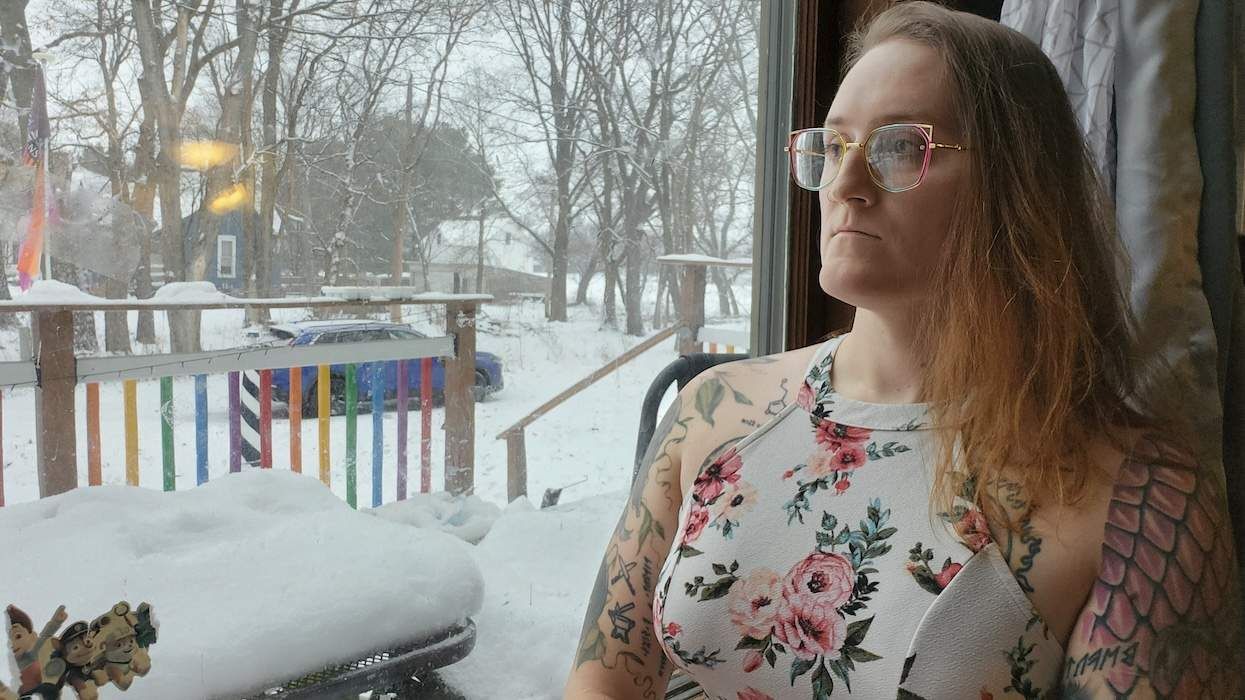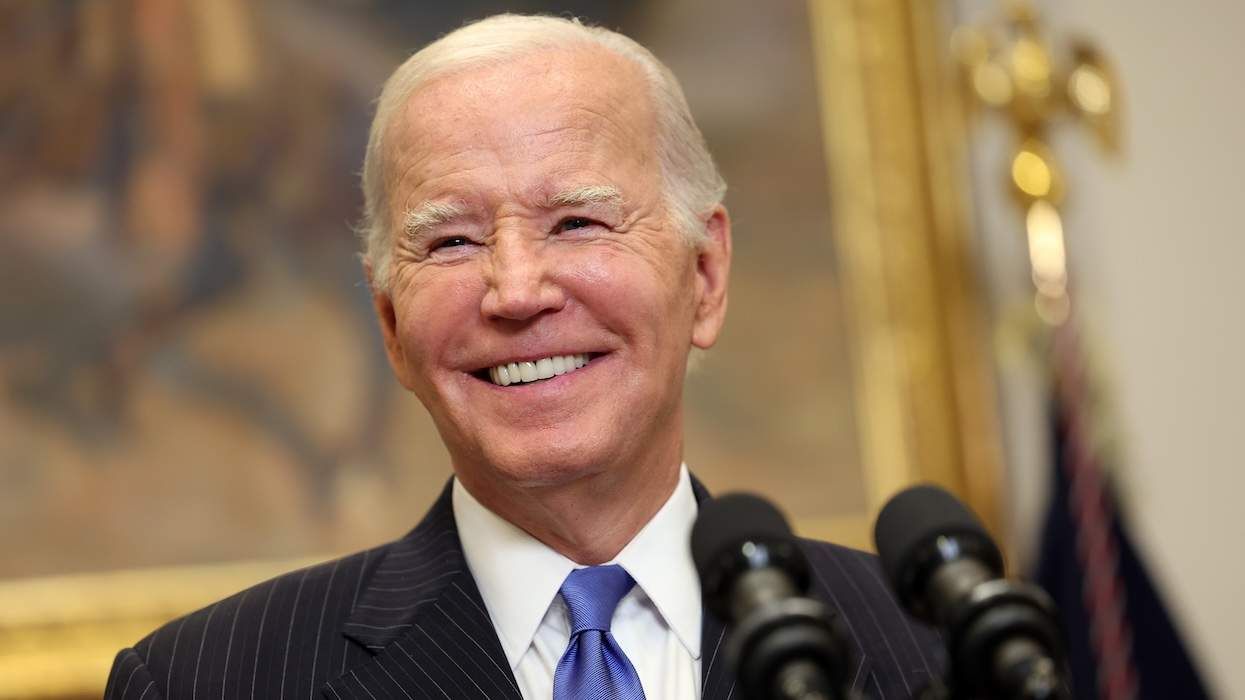New policies which went into effect this week in Pennsylvania may afford greater respect to transgender inmates, who will no longer be sent into solitary confinement based solely upon gender identity, The Philadelphia Inquirer reports.
Pennsylvania, like many other states, had previously housed inmates according to their gender assigned at birth, Shirley Moore Smeal, Pennsylvania executive deputy secretary of corrections, told the paper.
Solitary confinement, which is often used as punishment, was the only protective option for transgender inmates, who are violence while incarcerated. While LGBT inmates in general are at a nine-times a higher risk for sexual assault according to government data, one 2009 California study found that trans women faced 13 times the risk of other LGB inmates when detained in male facilities.
Although transgender inmates are often placed in solitary confinement "for their own protection" according to prison officials, isolating individuals who are already at an elevated risk of harassment and ostracization can have long-lasting psychological effects, prison reform advocates told The Advocate earlier this year.
Indeed, the mother of one transgender inmate told the Inquirer that her daughter was raped and beaten in the state prison system. "I'm scared I'm going to get a call my child is dead," Valerie Burton told the paper. "My understanding is they're supposed to take care of her."
The changes in policy bring Pennsylvania prisons in line with the 2003 federal Prison Rape Elimination Act, designed to study prison rape and provide recommendations to protect prisoners from attacks. Regarding transgender inmates, PREA recommends that facilities be aware of trans prisoners' unique safety needs, and assess "case-by-case" how to protect them from sexual assault.
Angus Love, executive director of the Pennsylvania Institutional Law Project, told the Inquirer that his nonprofit was working on two cases in which transgender inmates in Pennsylvania were allegedly abused by male guards and inmates. In one case, he said, a transgender woman was forced to walk around naked and was sexually assaulted. He called the state's policy change "a step in the right direction."
Advocates seeking prison reform and greater safety for transgender inmates nationwide lauded an April statement from the U.S. Department of Justice, supporting the claims of a transgender woman in Georgia who said the state had acted illegally in denying her hormone treatments. In August, that woman, Ashley Diamond, was released from prison early, in what advocates say is a recognition by the state of Georgia that it cannot adequately care for and protect trans women inside men's prisons.
Pennsylvania's updated policy asks administrators to consider "whether a placement would ensure the resident's health and safety, and whether the placement would present management or security problems." Administrators would also give "serious consideration" to whether transgender inmates feel safe. Transgender prisoners will also be allowed to shower privately, according to the document.
In June, the state created new commissary lists allowing transgender inmates to purchase items such as makeup, barrettes or gender-appropriate underwear, and rescinded its policy prohibiting gender-affirming surgery for inmates, the paper reported.
There are currently 137 transgender inmates in Pennsylvania state prisons, but Smeal said she was not aware of any who were currently in isolation and implied factors at play in this new Pennsylvania policy had already been used to determine where to house them.
"I wouldn't say [anyone is] likely to be moved," she told the Inquirer. "I would say, based on their risk-assessment tool and the interview that was done, they are where we believe they should be," Smeal told the paper.




































































Charlie Kirk DID say stoning gay people was the 'perfect law' — and these other heinous quotes